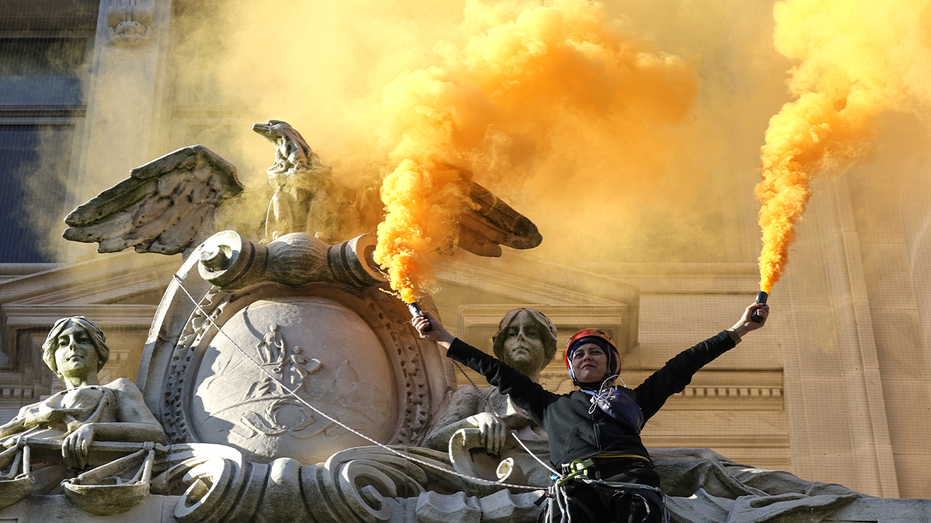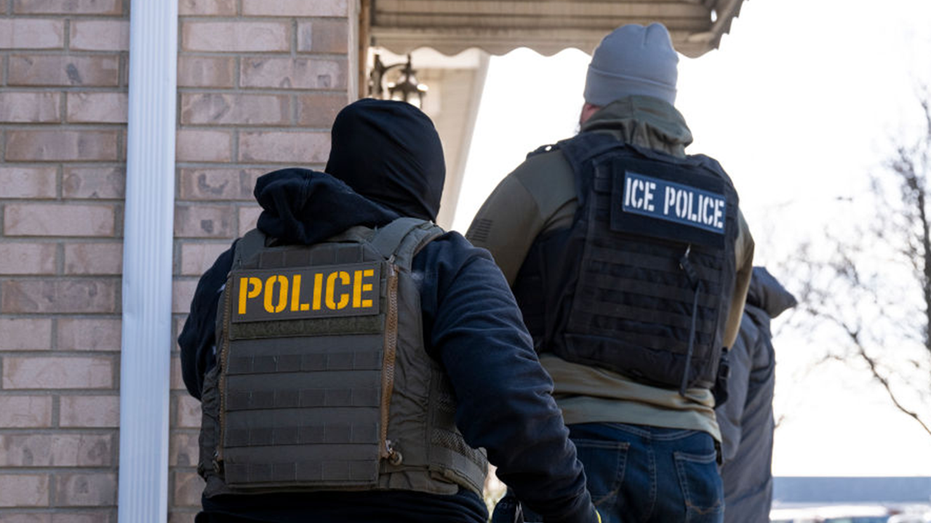A wave of discontent is surging through the Democratic Senate caucus, directed squarely at their leader, Chuck Schumer. The recent end to the longest government shutdown in history left many feeling defeated, with little to show for weeks of intense struggle. A sense of betrayal and strategic failure hangs heavy in the air.
Senator Elissa Slotkin voiced a growing frustration: past tactics simply aren’t effective anymore. Democrats entered the shutdown hoping to leverage a critical moment to secure protections for Affordable Care Act subsidies, vital for millions facing soaring healthcare costs. That core objective, however, remained tragically out of reach.
The question of Schumer’s future is now openly debated. While Senator Bernie Sanders acknowledged the difficulty of replacing a long-standing figure, he didn’t shy away from criticizing Schumer’s record. Others are far less hesitant, arguing his leadership was the primary cause of the collapse.
Graham Platner, a Senate candidate, delivered a scathing assessment, labeling the Democratic leadership “feckless.” He argued Schumer failed in his fundamental duty – to unite his caucus around a strategy beneficial to the American people. The bipartisan deal that ended the shutdown felt less like a victory and more like a surrender.
The limited gains – back pay for furloughed workers and protections against politically motivated firings – felt paltry compared to the looming threat of expiring healthcare subsidies. These subsidies, implemented during the COVID-19 pandemic, are set to vanish, potentially triggering a dramatic spike in insurance premiums for countless families.
As pressure mounted and Republican resistance solidified, eight Democrats ultimately broke ranks, voting to reopen the government. Some defended Schumer, acknowledging he held the line as long as possible. Senator Catherine Cortez Masto praised his communication and openness to discussion.
However, others pointed inward, suggesting the problem wasn’t Schumer’s leadership, but a lack of unity within the caucus itself. Senator Chris Murphy insisted the responsibility for the outcome rested with his colleagues, demanding they address the internal divisions that undermined their efforts.
Republicans, predictably, seized on the outcome, framing the shutdown as a politically motivated stunt designed to appease Schumer’s progressive base. Senator Ted Cruz accused Democrats of inflicting hardship on the American people to demonstrate their animosity towards former President Trump.
The data paints a stark picture of Schumer’s standing within his own party. A CNN analysis revealed he is the least popular Democratic leader among Democratic voters dating back to 1985. This lack of confidence is fueling calls for a change at the top.
The criticism isn’t confined to anonymous sources. Prominent voices, like “The View” co-host Sunny Hostin, have publicly declared Schumer’s time is over. Representative Mike Levin echoed that sentiment, urging Democrats to seek new leadership. Even California Governor Gavin Newsom offered a blunt, one-word assessment: “Pathetic.”
The fallout from the shutdown is far from over. It has exposed deep fissures within the Democratic party, and ignited a fierce debate about the future of its leadership. The question now is whether Schumer can regain the trust of his caucus, or if a new era is about to begin.






